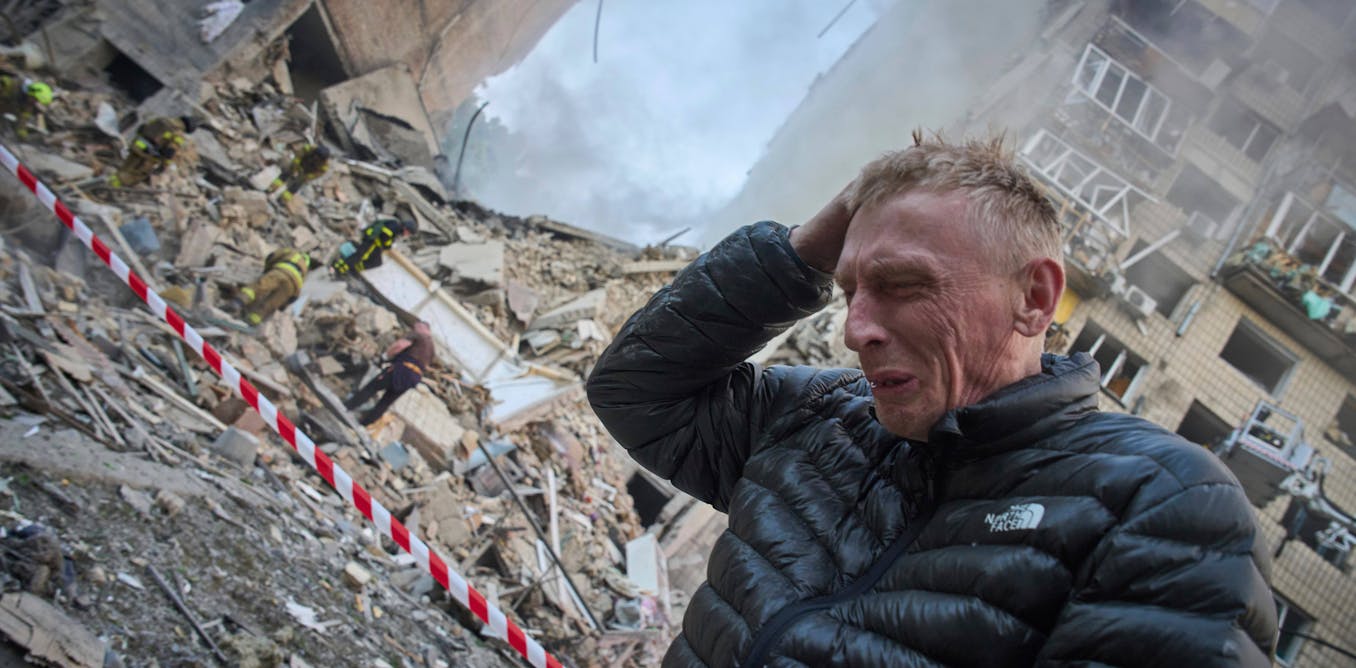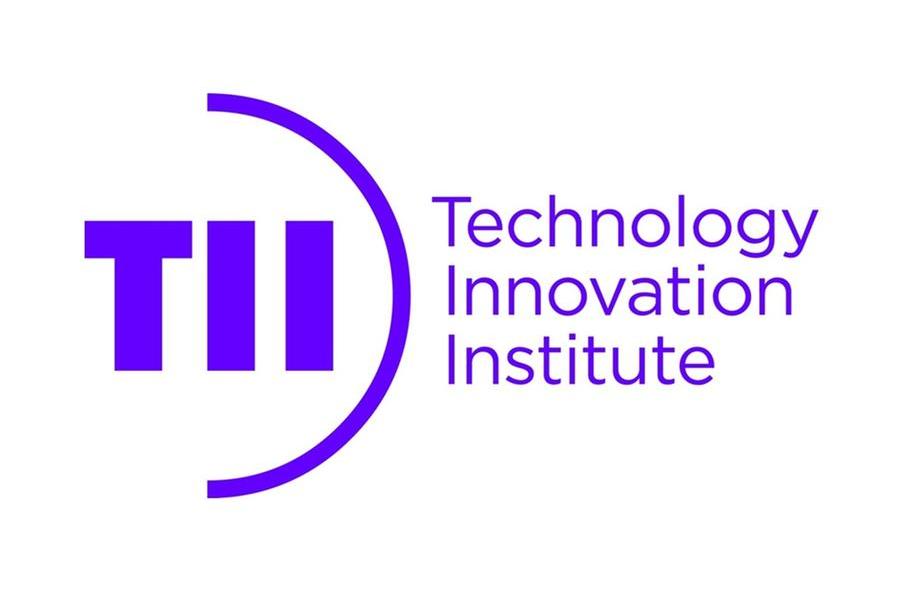The Future of Warfare: How Technology is Reshaping Conflict & the Enduring Ethical Dilemmas

The battlefield is undergoing a radical transformation. From the skies buzzing with drones to the sophisticated algorithms of AI-powered targeting systems, and the escalating race for dominance in space, technology is fundamentally reshaping modern warfare. But amidst this rapid technological evolution, some core questions – and ethical dilemmas – remain stubbornly unchanged. This article explores the cutting edge of military technology, examines the profound moral implications, and considers whether humanity can keep pace with the accelerating pace of change.
The Rise of the Machines and the Skies: Key Technological Shifts
The most visible change is the proliferation of unmanned aerial vehicles (UAVs), commonly known as drones. Initially used for reconnaissance, drones have evolved into potent weapons platforms, capable of delivering precision strikes with minimal human risk. This has dramatically altered the dynamics of conflict, allowing for remote warfare and asymmetric engagements. Simultaneously, AI is becoming increasingly integrated into military systems. AI-powered targeting systems promise greater accuracy and efficiency, potentially reducing civilian casualties – a promise that is fraught with ethical complexities (more on that later).
Beyond the battlefield, the space domain is emerging as a crucial arena for military competition. Nations are investing heavily in satellite technology for communication, navigation, and surveillance, creating a new frontier for potential conflict. The militarization of space raises concerns about an arms race and the potential for disruptive attacks on critical infrastructure.
Ethical Minefield: Navigating the Moral Challenges
The rapid advancement of military technology presents a complex web of ethical challenges. One of the most pressing concerns is the delegation of life-or-death decisions to machines. Can an algorithm truly distinguish between a combatant and a civilian? What are the consequences of unintended errors or biases in AI systems? The lack of human oversight in autonomous weapons systems raises profound questions about accountability and the potential for escalation.
The use of drones also blurs the lines of warfare. Remote warfare can create a psychological distance between combatants and their actions, potentially lowering the threshold for the use of force. Furthermore, the proliferation of drone technology makes it easier for non-state actors to acquire and deploy these weapons, increasing the risk of instability and conflict.
The space domain presents its own unique ethical challenges. The potential for weaponizing space could have devastating consequences for all nations, disrupting essential services and escalating tensions. International agreements and norms are urgently needed to prevent an arms race in space.
The Human Element: Some Things Never Change
Despite the transformative impact of technology, the fundamental nature of warfare remains remarkably consistent. The pursuit of power, the desire for security, and the influence of ideology continue to drive conflicts around the world. Technological advancements may alter the tactics and tools of warfare, but they do not eliminate the underlying human factors that contribute to conflict.
The laws of war, while constantly evolving, still grapple with the same core principles: distinguishing between combatants and civilians, minimizing harm to non-combatants, and adhering to the principles of proportionality and necessity. These principles are increasingly difficult to apply in the context of modern warfare, where the lines between combatants and civilians are often blurred and the potential for collateral damage is amplified by technological advancements.
Looking Ahead: Adapting to a New Era of Conflict
As technology continues to reshape the face of modern warfare, it is imperative that policymakers, military leaders, and ethicists engage in a thoughtful and proactive dialogue about the implications of these changes. International cooperation is essential to establish norms and regulations for the use of emerging military technologies, particularly in the areas of AI and space. Furthermore, it is crucial to invest in education and training to ensure that military personnel are equipped to operate effectively and ethically in a technologically advanced battlefield.
Ultimately, the future of warfare will depend not only on technological innovation but also on the wisdom and foresight of humanity. We must strive to harness the power of technology for peace and security, while remaining vigilant against the potential for its misuse.






